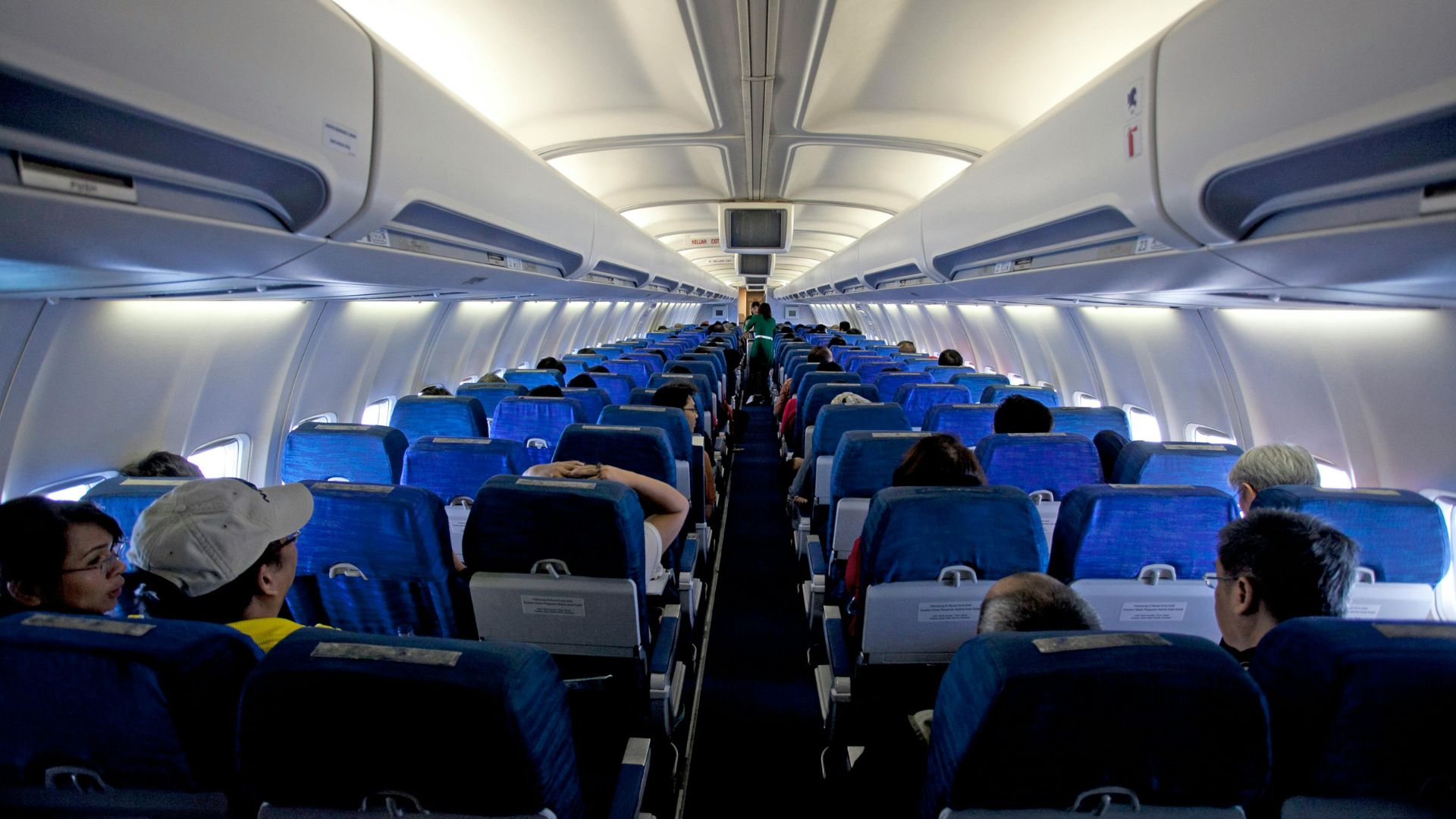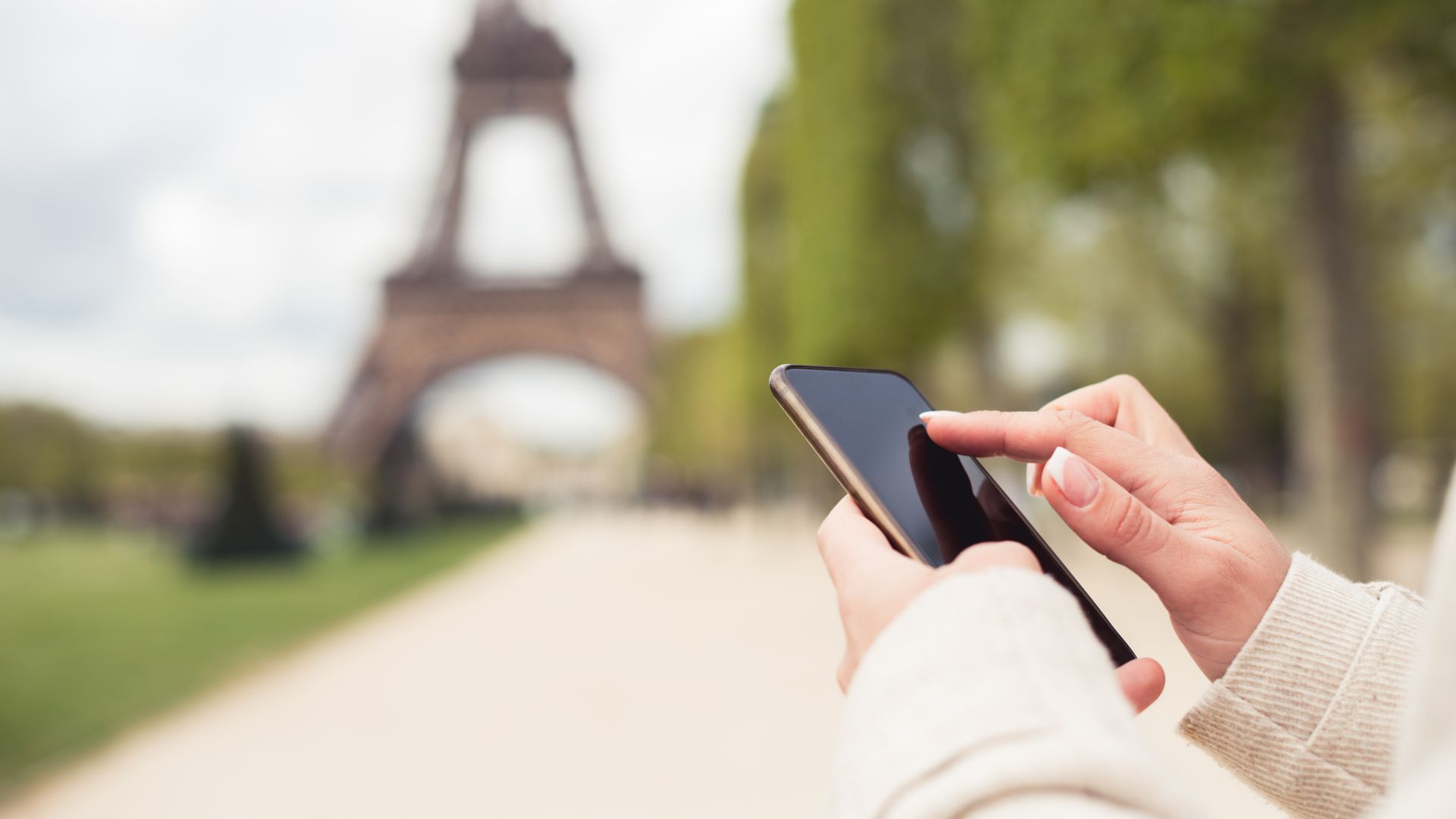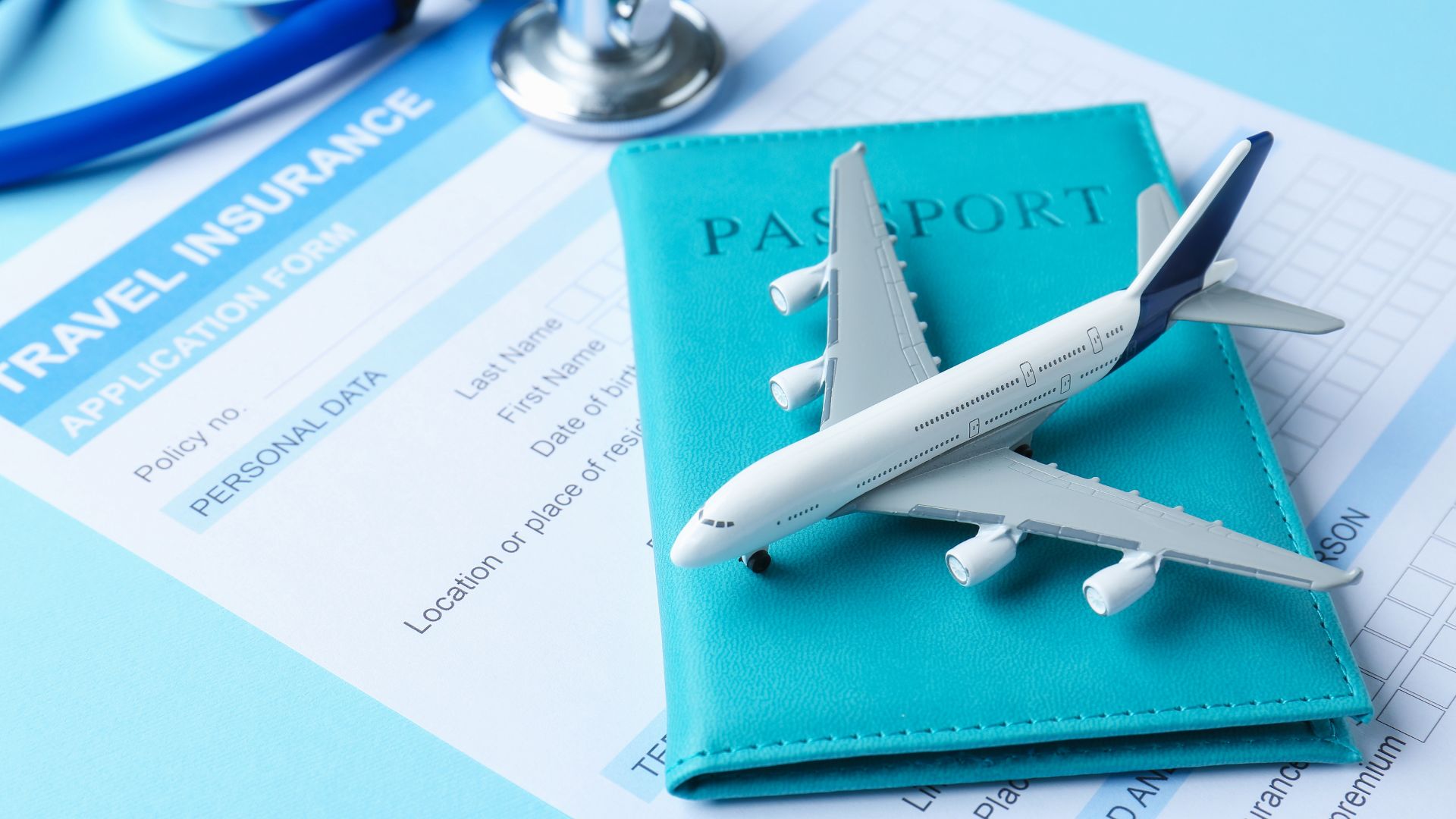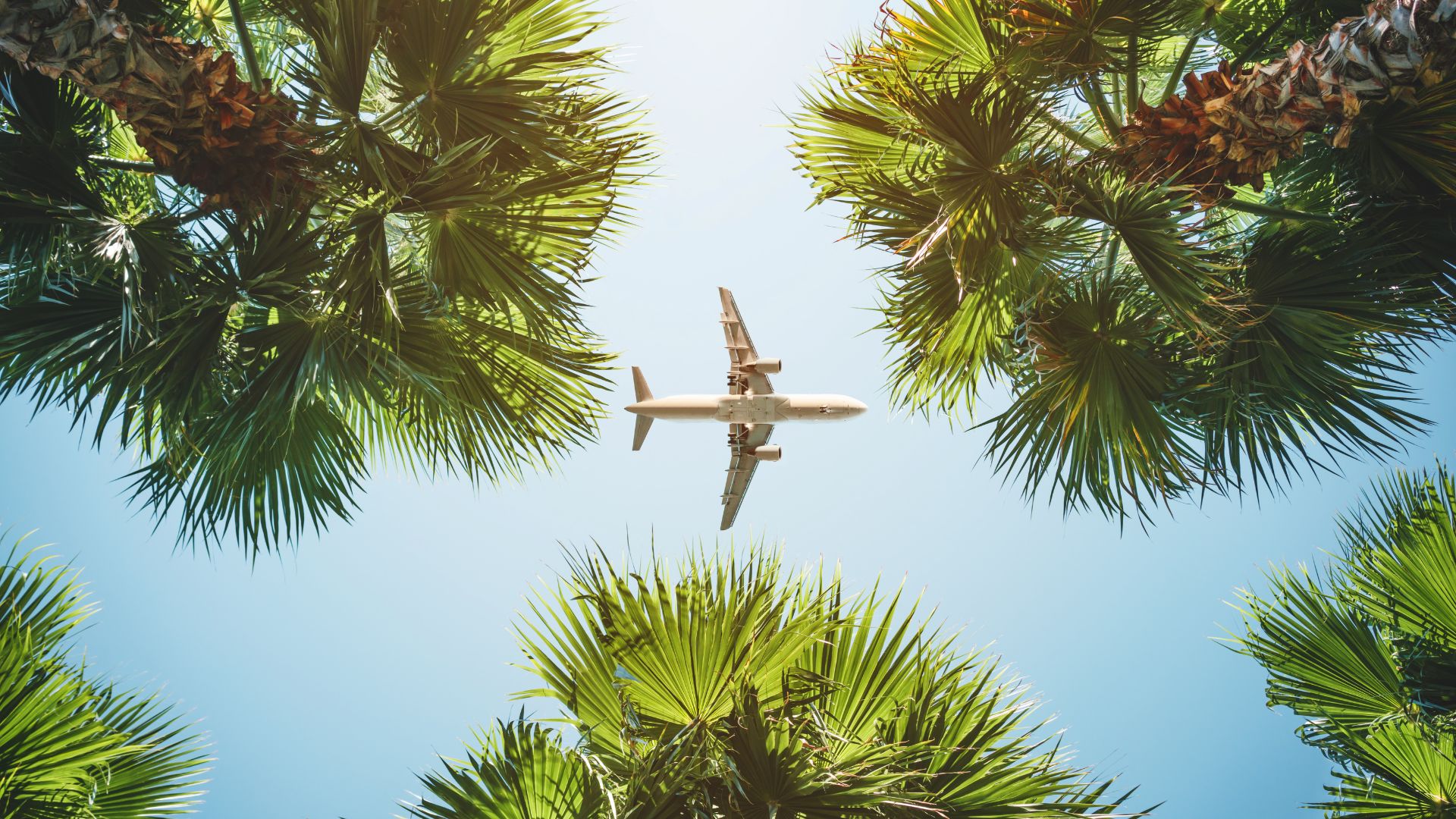Don’t Let a Dental Emergency Ruin Your Trip
When planning a trip, most of us focus on flights, hotels, and packing — not dental problems. But a dental emergency while travelling can happen anytime, and knowing how to respond can make all the difference. Whether you’re on vacation or away for business, these tips will help you stay calm, manage pain, and find care fast.
Table of Contents
Common Dental Emergencies While Travelling

1. Toothache on the Plane or Abroad
If you experience a toothache during your flight, it may be due to air pressure changes affecting small cracks or cavities in your teeth. The pain often eases after landing, but it’s a sign that you should see your dentist once home.
If tooth pain continues during your trip, rinse and floss gently to remove food particles. Over-the-counter pain medication or clove oil can help until you find a local dentist.
2. Broken or Cracked Tooth
Accidents can happen anywhere — even at a café halfway across the world. If you chip or crack a tooth, rinse your mouth with warm water and apply a cold compress to your cheek to reduce swelling. Find an emergency dentist abroad as soon as possible to prevent infection or further damage.
3. Knocked-Out Tooth
A knocked-out tooth requires immediate action. Handle it carefully by the crown (not the root), rinse it gently, and try to place it back into the socket. If that’s not possible, keep it in milk or a saline solution and see a dentist within an hour. The faster you act, the better the chance of saving your tooth.
How To Find A Dentist Abroad

If you have a dental emergency while travelling abroad, your travel insurance provider is your best first call. Most offer 24-hour assistance and can connect you with local clinics that accept your coverage.
Hotel staff are also great resources — they often know trusted medical and dental providers nearby. For extra peace of mind, research dental services at your destination before you travel, especially if you’re visiting remote areas.
How To Prevent A Dental Emergency Before You Travel

1. Schedule a Pre-Trip Dental Checkup
Visit your dentist before your trip to make sure your teeth are in good shape. This helps identify and treat small issues that could become painful problems mid-flight or overseas.
2. Avoid Major Dental Procedures Before Travelling
Try not to schedule extractions, root canals, or other major dental work right before you leave. Healing complications can cause discomfort while travelling.
3. Make Sure You Have Dental Travel Insurance
Check whether your travel insurance includes dental emergencies — or if your work benefits cover dental care abroad. Dental treatments can be expensive, so having coverage matters.
4. Pack a Small Dental First Aid Kit
Include travel-sized dental essentials such as:
Toothbrush and toothpaste
Dental floss
Clove oil or oral analgesic gel
Gauze
Temporary filling material
Pain relief medication
5. Be Cautious With Food and Drinks
Avoid chewing hard candies, ice, or sticky foods that could crack teeth or pull out fillings. Acidic drinks can also trigger sensitivity.
Protect Your Smile Before You Travel

A dental emergency while travelling doesn’t have to ruin your trip. With a little preparation — from scheduling a checkup before you go to packing a simple dental kit — you can travel confidently knowing you’re ready for anything.
If you’ve got an upcoming trip, give us a call today at 416-232-2033 to schedule your pre-vacation checkup, or book your appointment online here.
Frequently Asked Questions About A Dental Emergency While Travelling
1. What should I do if I have a dental emergency while travelling?
If you experience a dental emergency — such as a toothache, broken tooth, or knocked-out tooth — act quickly. Rinse your mouth gently, use pain relief if needed, and contact a local dentist or emergency clinic as soon as possible. For a knocked-out tooth, handle it by the crown, rinse it, and try to place it back in the socket or store it in milk until you can see a dentist. Quick action can save your tooth and reduce complications.
2. Can travel insurance cover dental emergencies abroad?
Yes, many travel insurance plans include coverage for dental emergencies. This can help cover the cost of emergency care, pain relief, or treatment for issues like broken teeth or infections. Always check your policy before travelling to confirm coverage and get a list of approved dental providers.
3. How can I prevent a dental emergency while travelling?
Prevent dental emergencies by scheduling a pre-trip dental checkup, addressing cavities or cracks, and avoiding major dental procedures right before your trip. Packing a small dental kit with floss, toothpaste, pain relief, and temporary filling material can also help manage minor issues while abroad.
4. What should I include in a travel dental emergency kit?
A dental emergency kit should include:
Toothbrush and toothpaste
Dental floss
Oral analgesic gel or clove oil
Pain relief medication
Gauze pads
Temporary filling material
These items allow you to manage minor dental problems until you can reach a dentist.
5. How do I find an emergency dentist abroad?
Your travel insurance provider can provide a list of approved clinics, and hotel staff often know trusted local dentists. Researching dental services at your destination before travelling ensures you can get care quickly if a dental emergency occurs.
6. Why do my teeth hurt while flying?
Tooth pain during a flight is usually caused by changes in air pressure affecting small cracks or cavities in your teeth. While the discomfort typically eases after landing, it indicates an underlying dental issue that should be checked by your dentist.
7. What should I do if I chip a tooth while travelling?
Rinse your mouth with warm water and apply a cold compress to reduce swelling. Seek an emergency dentist as soon as possible to prevent infection or further damage. A temporary dental kit can help manage minor discomfort until professional care is available.
8. How do I handle a lost filling while travelling?
If a filling falls out, rinse your mouth, use temporary filling material if available, and avoid chewing on that side. Contact a local dentist promptly to restore the tooth and prevent additional problems.

